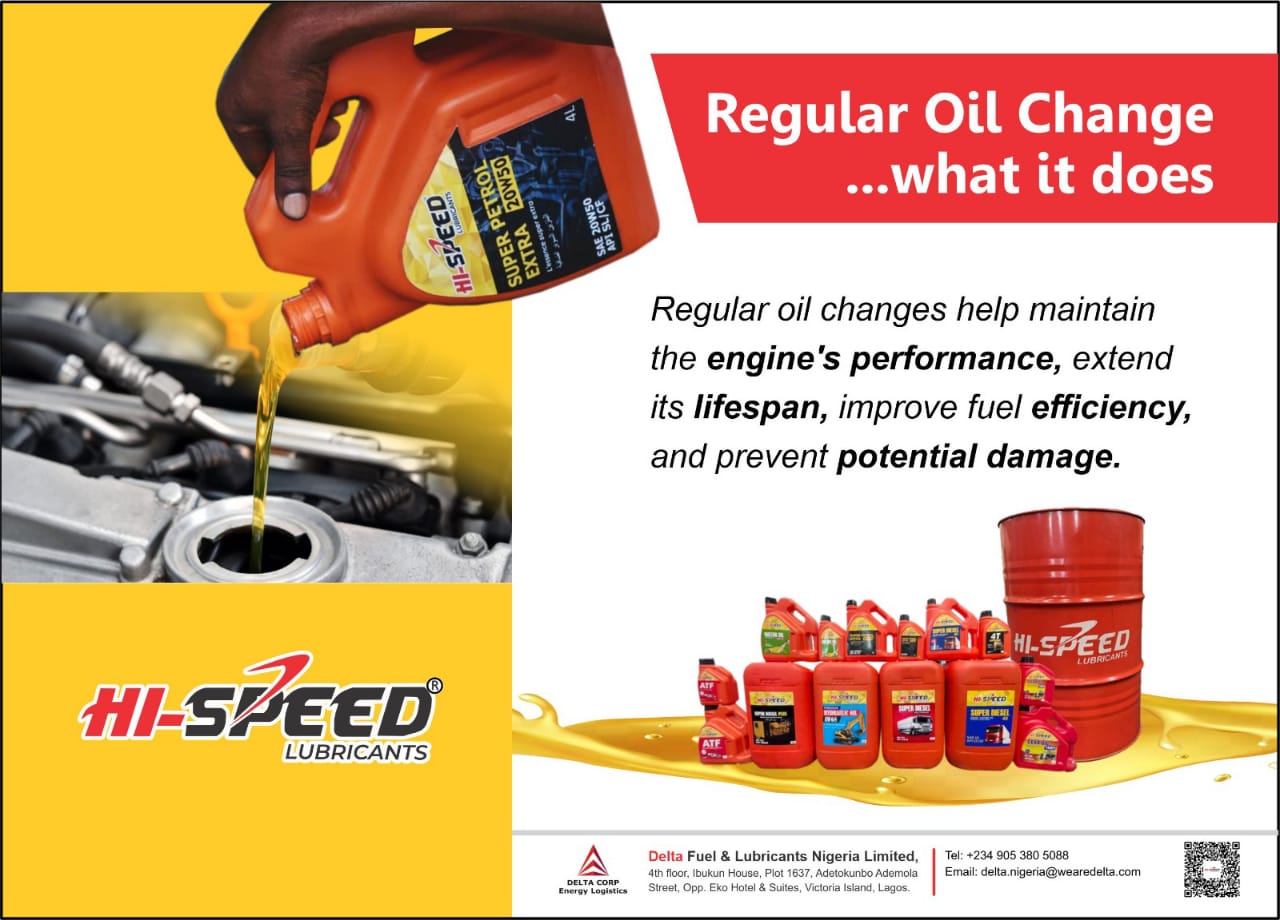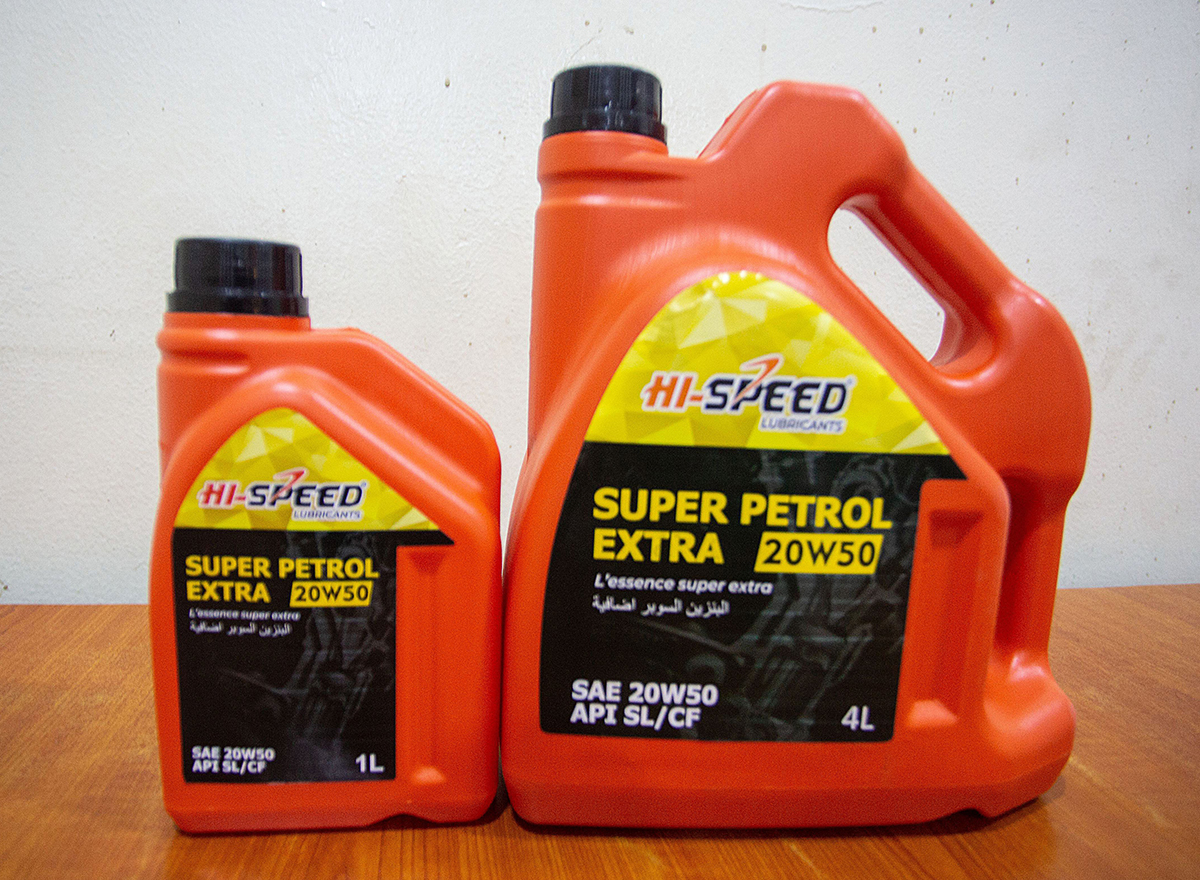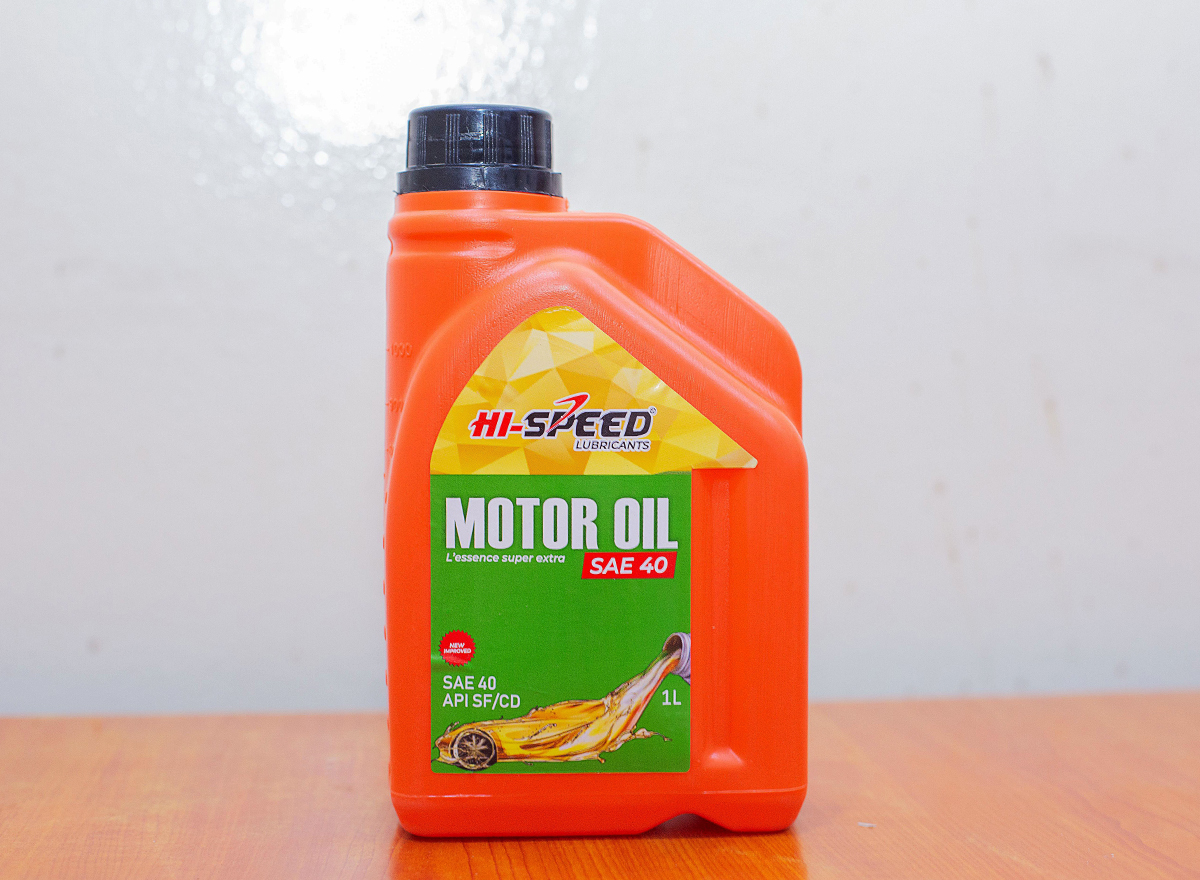





Automotive lubricants are specially formulated fluids designed to reduce friction, heat, and wear between moving parts within an internal combustion engine and its components. These lubricants are essential for ensuring the smooth operation and longevity of various automotive systems.
Automotive lubricants are the lifeblood of your vehicle’s engine and critical components. Choosing the right lubricants and adhering to recommended maintenance schedules can significantly extend the life of your vehicle and keep it running at its best.
Types of Automotive Lubricants:
- Engine Oil: Designed to lubricate internal combustion engines, engine oil comes in various viscosities and formulations to meet different engine requirements.
- Transmission Fluid: Facilitates smooth gear shifting and transfers power within automatic and manual transmissions.
- Coolants: These fluids help regulate engine temperature, preventing overheating and freezing.
- Greases: Applied to joints and bearings, greases provide long-lasting lubrication and protection against water and contaminants.
Regularly checking and replacing automotive lubricants is essential to maintain your vehicle’s performance. Follow manufacturer recommendations for oil change intervals and types of lubricants. Regular oil analysis can help monitor the condition of lubricants and detect potential engine issues.
